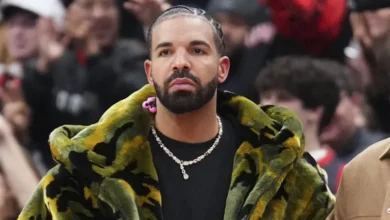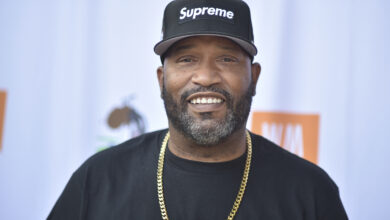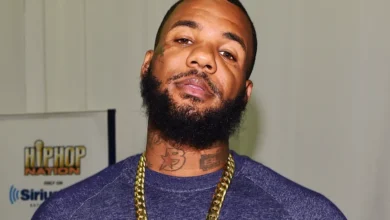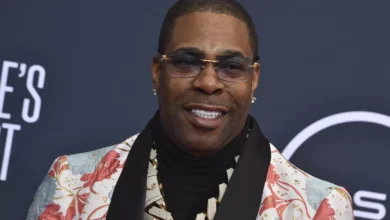Busta Rhymes’ Most Controversial Moments: A Look at the Rap Icon’s Turbulent Headlines
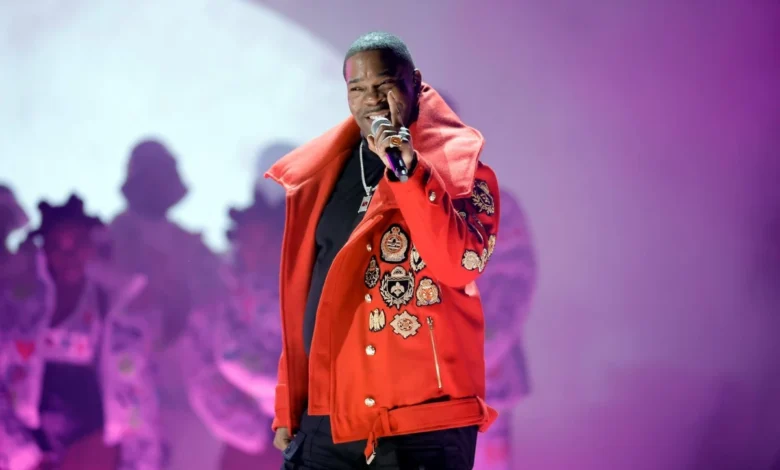
Busta Rhymes is a hip-hop legend known for his rapid-fire delivery, unmatched energy, and eccentric music videos—but beyond the music, the Brooklyn-born rapper has also been no stranger to controversy. Over the years, Busta has found himself at the center of headlines that have sparked debate, divided fans, and kept his name buzzing in and out of the studio. Here’s a look back at some of the most controversial moments that have defined, challenged, and complicated his legacy.
One of Busta Rhymes’ most talked-about controversies happened in 2006, following the tragic murder of his close friend and bodyguard, Israel Ramirez, who was shot and killed on the set of Busta’s “Touch It” music video. While many expected Busta to cooperate fully with the NYPD, he refused to speak on the incident. Critics accused him of not doing enough to bring justice to Ramirez’s family, while others defended his silence as a code of honor within street culture. The tension surrounding the case intensified the rapper’s relationship with the press and law enforcement, painting him as both a victim and a villain in public opinion.
That same year, Busta Rhymes was involved in a physical altercation with a fan at AmsterJam Music Festival in New York. After being struck with a thrown bottle during his set, Busta left the stage and allegedly assaulted the culprit backstage. The situation was caught on video and shared widely online. While many understood his frustration, others called the reaction excessive. The incident added fuel to ongoing conversations about celebrity conduct and fan-artist boundaries.
In 2007, Busta faced serious legal trouble when he was arrested for assaulting his former driver, who claimed the rapper punched him after a dispute over unpaid wages. This arrest was one of several in a short period—Busta was also booked for a separate assault charge stemming from an alleged fight with a man who spat on his car. These cases painted a picture of a volatile artist constantly teetering on the edge of his temper.
Busta Rhymes’ opposition to LGBTQ rights once made headlines when he abruptly ended a 2005 interview on O-Zone magazine’s show after being asked about homophobia in hip-hop. His walk-off and unwillingness to address the topic drew backlash from LGBTQ activists and fans, especially in an era when the industry was beginning to confront its problematic history with queer representation.
More recently, in 2021, Busta stirred controversy over his anti-mask rant during a live performance in St. Louis. As the COVID-19 pandemic raged on, Busta went viral for declaring, “It’s called the God-given right of freedom, right? F*** your mask.” His comments were met with sharp criticism, particularly from health professionals and fans who felt he was promoting dangerous rhetoric. Busta later clarified that his frustration was rooted in his experience during lockdowns, but the damage had already been done in the eyes of many.
Despite these controversies, Busta Rhymes has never lost the loyalty of his core fan base. His ability to weather public scrutiny and still deliver explosive performances speaks to his resilience and charisma. Whether you see him as misunderstood or problematic, there’s no denying that Busta Rhymes has remained a force in hip-hop—both for his talent and his turbulence.
In a genre built on raw emotion and real-life experience, Busta’s most controversial moments have only added to the layered narrative of a complex artist. As he continues to release music and perform globally, the legacy of Busta Rhymes will forever be a mix of brilliance and boldness, controversy and creativity.

